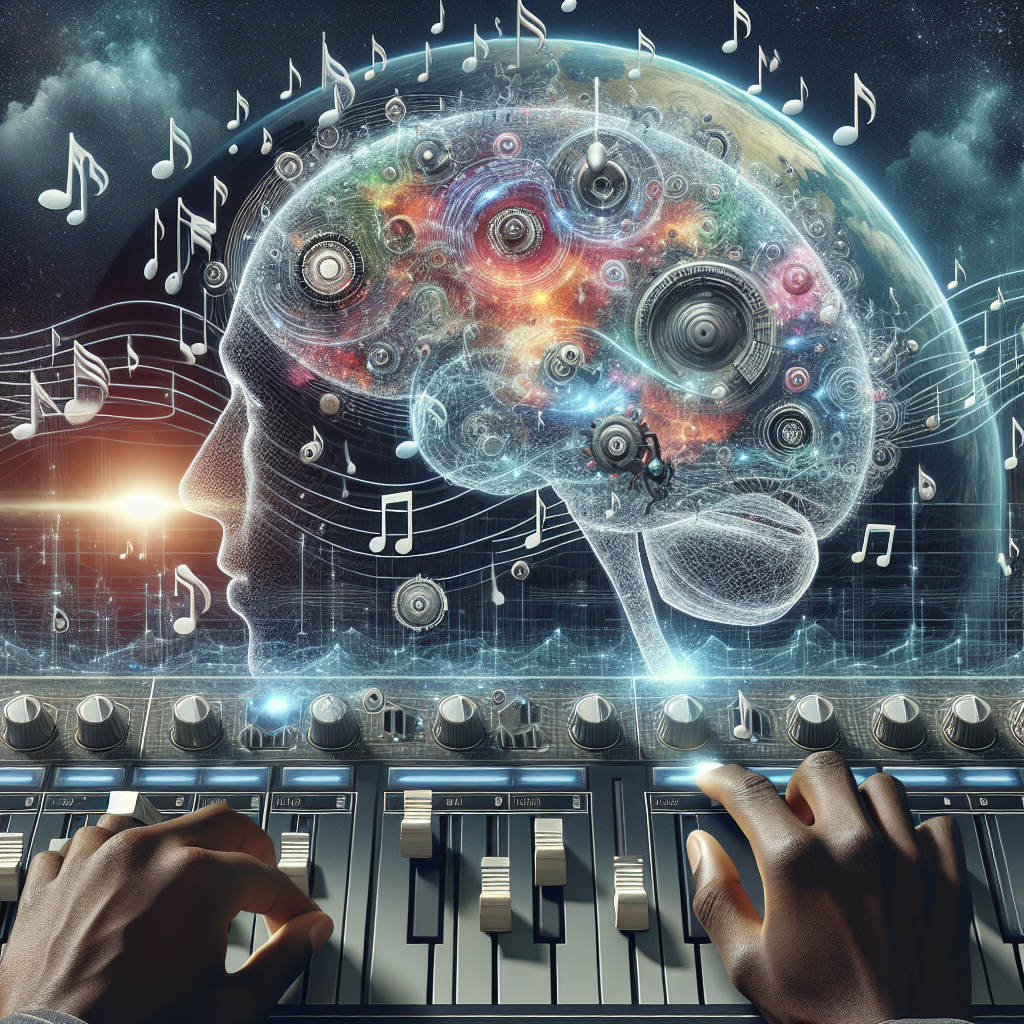The realm of music creation has undergone a remarkable transformation due to technological advancements, especially with the emergence of artificial intelligence (AI). Traditional composing methods are evolving as AI-generated music takes center stage, prompting discussions about creativity, artistry, and the future of music.
What is AI-Generated Music?
AI-generated music refers to compositions created or assisted by algorithms and machine learning technologies. These systems utilize extensive datasets of existing music to discern patterns in melody, rhythm, and harmony. Through data analysis, AI can generate unique compositions that emulate diverse genres and styles, opening new opportunities for both amateur and professional musicians.
How It Works
Central to AI music generation are neural networks, especially those focused on deep learning. Here’s a simplified overview of the process:
- Data Collection: AI systems are trained with large datasets of music encompassing various genres, eras, and cultures.
- Pattern Recognition: Algorithms examine the data to identify patterns in structure, notes, and rhythms.
- Generation: Once trained, the AI can produce new compositions based on the patterns it has learned. Some systems allow users to specify parameters such as genre or mood, guiding the creative output.
Notable AI Music Tools
Numerous platforms have surfaced to support AI-generated music creation:
- OpenAI’s MuseNet: This tool can craft original music across various styles, from classical to pop, and even fuse different genres.
- AIVA: Primarily designed for film scoring, AIVA produces emotional soundtracks and is utilized by composers to brainstorm ideas.
- Amper Music: Aimed at content creators, Amper allows users to generate custom tracks without needing extensive music theory knowledge.
The Creative Debate
While AI-generated music demonstrates remarkable capabilities, it also incites philosophical discussions about creativity and authorship.
-
Creativity in AI: Critics contend that AI lacks genuine creativity, as it functions solely on algorithms and learned data, rather than inspiration or emotion. Proponents argue that AI can enhance human creativity rather than replace it.
-
Authorship and Ownership: The ownership of AI-generated music remains a contentious issue. Who owns it—the programmer, the user inputting data, or the AI itself? Legal frameworks have yet to keep pace with this evolving landscape.
- Emotional Resonance: Music often reflects human experiences and emotions. Can AI, lacking feelings, produce music that resonates personally? Some believe that while AI can simulate emotional depth, it may lack true authenticity.
The Future of AI-Generated Music
As AI technology progresses, its impact on the music industry is expected to grow. Here are several trends to consider:
- Collaboration with Human Artists: Many musicians are using AI as a collaborative tool, merging human intuition and emotion with the analytical capabilities of AI.
- Personalized Listening Experiences: AI might transform how we enjoy music, creating customized playlists based on individual preferences and moods.
- Democratization of Music Creation: With user-friendly platforms, more individuals can produce music without formal training, potentially leading to a diversification of sounds and styles.
Conclusion
AI-generated music stands at the intriguing intersection of technology and creativity. While it brings forth unique challenges, it also provides exciting possibilities for artists and composers. As we explore this new domain, it is vital to address the complex issues concerning creativity, ownership, and emotional depth in music. The future of sound is promising, and the rhythms crafted by AI might just mark the beginning.

